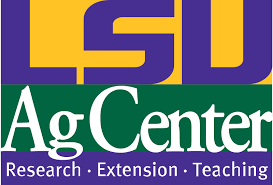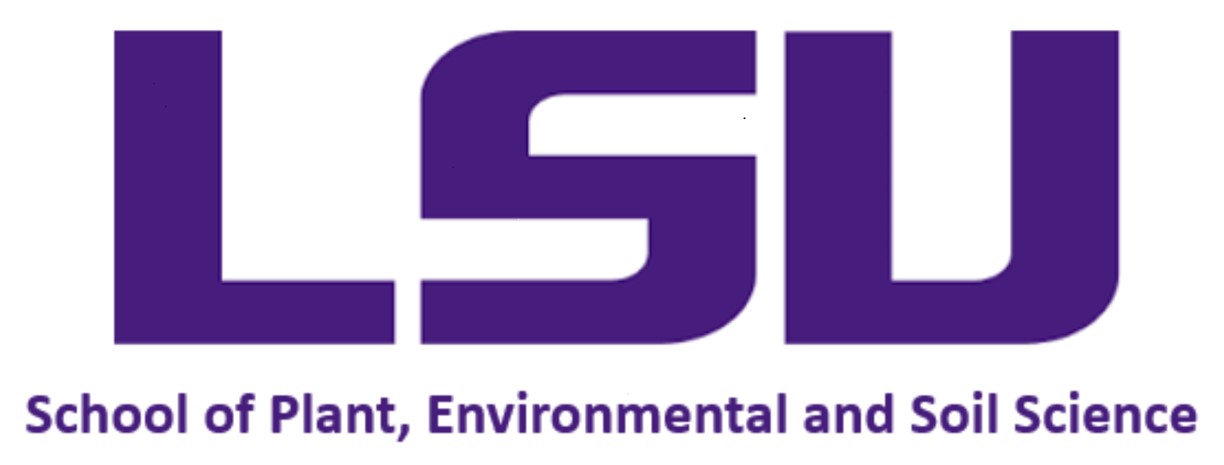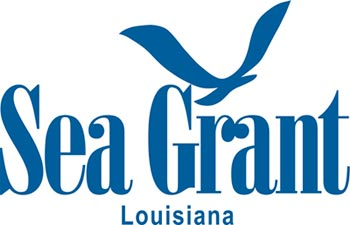Technical Assistance and Extension Programs
The Water Quality Extension Lab provides a unique opportunity for stakeholder engagement through technical assistance grants that provide faculty expertise and an experiential learning platform for future scientists. These programs are no-cost to the stakeholders and will allow faculty experts to recommend projects or ideas to save money on different aspects of your operation. The major goals of these programs are to educate stakeholders on sustainable avenues for their business while training the next generation of scientists by showing what agriculture and industry look like in Louisiana. The team will do a brief site visit to the facility or farm to discuss the area of needed assistance and collect data for a report to be made. We thank all of our partners for the opportunity to work with each site and are flexible to fit the needs of your growing business. A customized report will be generated for your facility to outline possible ideas for sustainable projects and a starting point for projects. For additional information about programs, to schedule a site visit, or to inquire about a technical assistance report, please email Dr. Michael Hayes (mhayes@agcenter.lsu.edu). If one of the programs does not fit your facility's profile or needs, reach out via email to see if other opportunities through LSU's network may be applicable.
Technical Assistance Programs
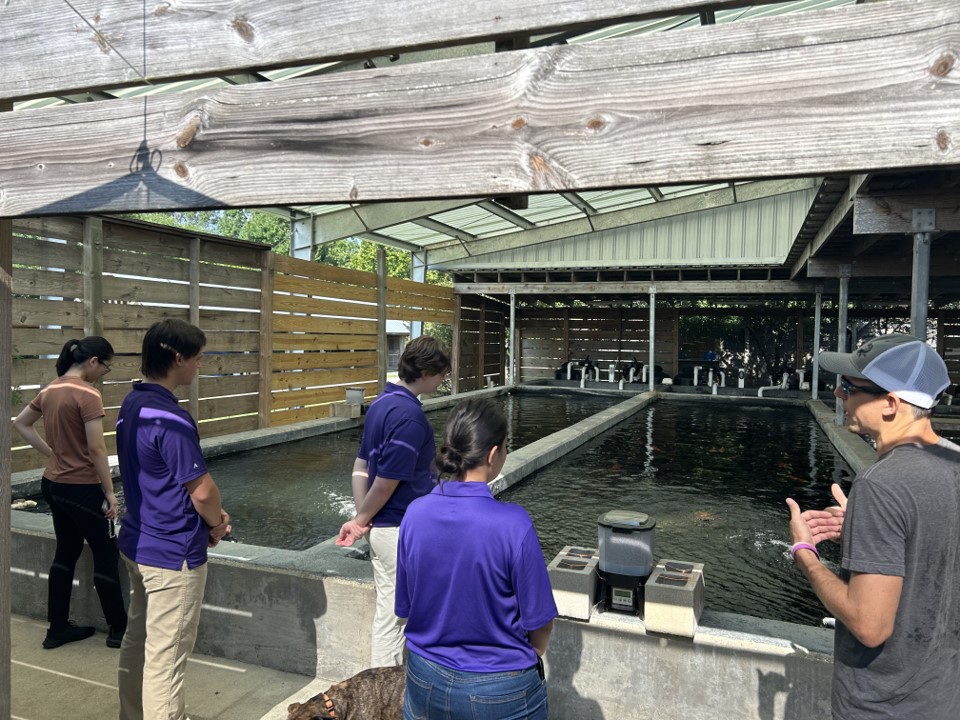
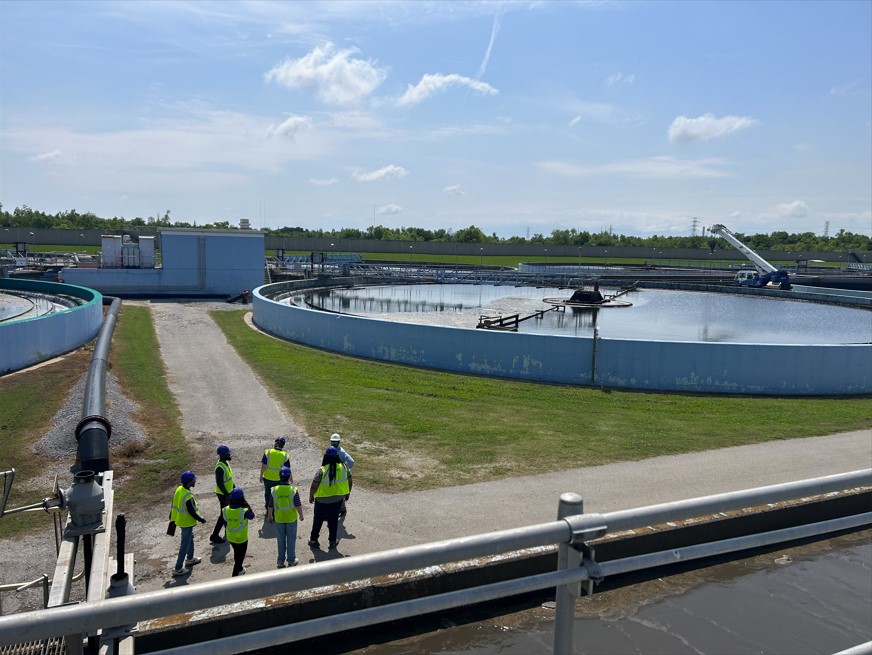

Multi-State and Working Groups
Made up of land grant universities throughout the Mississippi River basin, this group brings together researchers and extension specialists who share a common interest and expertise related to the environmental, social, and economic factors that contribute to nutrient loss from agricultural lands and hypoxia in the Gulf of Mexico. This USDA National Institute of Food and Agriculture (NIFA) and land-grant university-funded committees are designed to promote multi-state research and extension activities, communicate strategies for conversation, and inform stakeholders on nutrient reduction strategies. For more information about the universities involved, please visit the SERA-46 website.
The Universities Council on Water Resources (UCOWR) is a group of academic institutions and affiliate stakeholders invested in research, education, and outreach in the field of water resources. This group offers a platform for information related to water from industrial and academics with expertise in diverse fields. The UCOWR also provides platforms for student leaders and faculty to disseminate valuable scientific knowledge that will enhance the future of water resources through newsletters, journals, and conferences.
The Louisiana Hypoxia Task Force is a forum for agencies, researchers, and stakeholders that meets on a monthly basis. This group has participants from universities, state agencies, non-profit groups, and federal agencies that participate in information sessions to understand the current research and outreach for the hypoxic zone in the Gulf of America. This working group stems from EPA's Mississippi River/Gulf of America Hypoxia Task Force.
The Nutrient Runoff Working Group targets collaboration networks down the Mississippi River Basin to the Gulf of America. The groups are made up of the university, stakeholders, and federal partners to share strategies for best management practices, research updates, and extension activities that contribute to nutrient runoff. The working group has a strong connection with the National Oceanic and Atmospheric Administration (NOAA) and supports the mission to address nutrient runoff and its downstream impacts.
